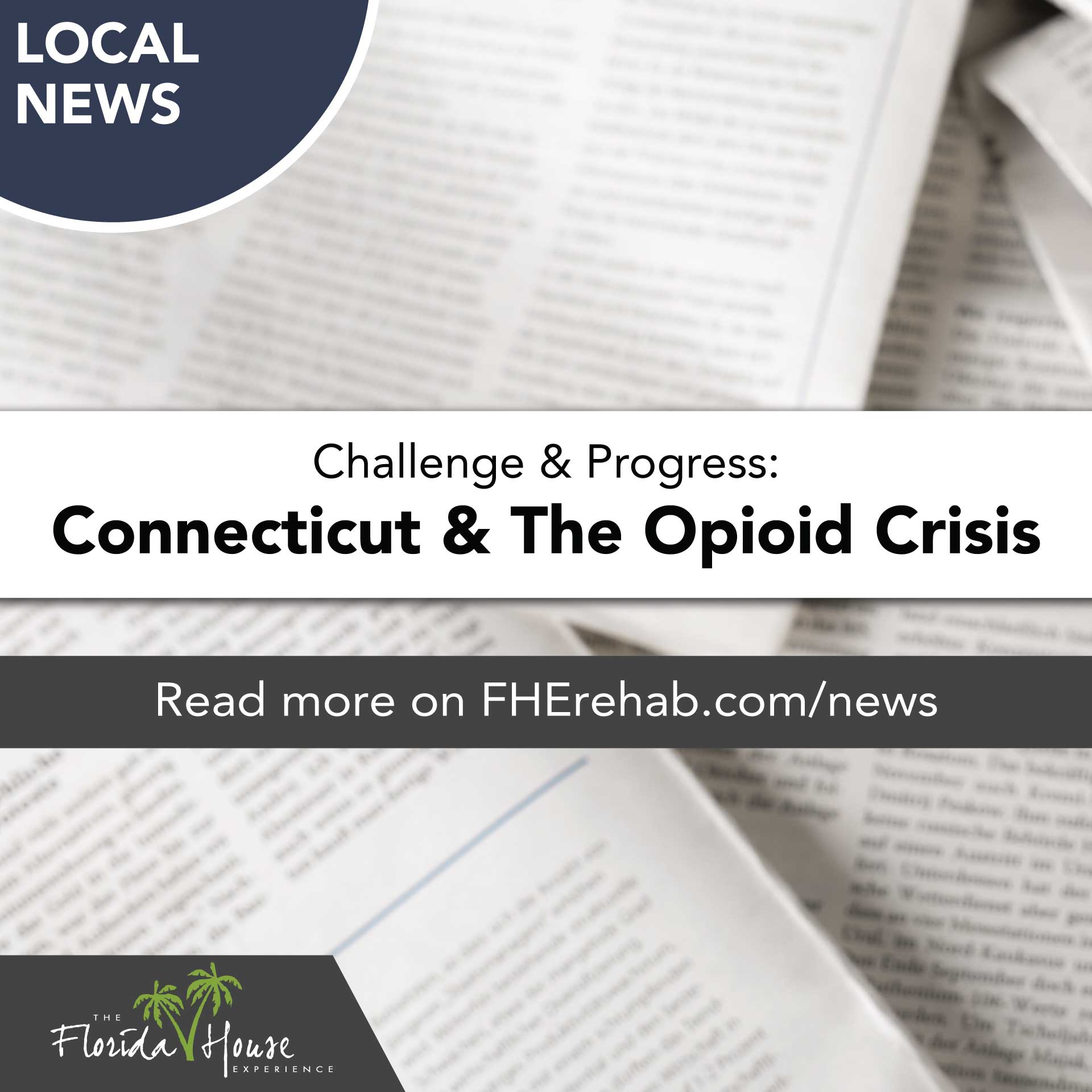
As the National Institute on Drug Abuse (NIDA) reports, few regions of the United States have been hit by the opioid crisis as hard as New England, with Vermont, New Hampshire, and Massachusetts all experiencing annual overdose counts that are breaking records.
Another New England State, Connecticut is making news when it comes to pervasive issues with drugs as well. NIDA reports that a state where overdose deaths stayed relatively consist between 1999 and 2012 saw them skyrocket from 5.7 to 24.7 deaths per 100,000 citizens in the span of the next four years.
Busts Common in Connecticut
In a state with such an increase in drug abuse and overdoses, it wouldn’t be surprising to see a similar increase in law enforcement seizing stockpiles of drugs, paraphernalia, cash, weapons and other illicit materials. This is exactly what occurred in the last several months.
In January 2019, federal investigators announced that they’d seized over 14 kilograms of cocaine over an 8-month period that was being shipped to Central CT from Puerto Rico, a U.S. territory in the Caribbean. This represented a major blow to the supply of the drug.
Another notable arrest in Bridgeport seized an astonishing variety of items. When local law enforcement apprehended Raevon Peters, 26, he was found with a large amount of marijuana in his possession, as well as illegal weapons. Further searches revealed cocaine, amphetamines, Vicodin (a prescription opioid) and other substances.
Connecticut Piles on Purdue
As the battle against opioid addiction rages on, public sentiment is turning further and further against the pharmaceutical companies that are thought to have helped start the crisis. In the mid to late 1990s, Purdue was the largest manufacturer of opioid pain medications, led by their prizewinner OxyContin.
The issue is that Purdue made strong claims in their marketing that suggested that the addictive potential of their drugs was low, something that the entire country would find out wasn’t true. Purdue has been paying out settlements and damages for a decade based on this wrongdoing, but now, Massachusetts and Connecticut class actions are turning their attention towards the Sacklers, the family that owns the drug giant. Reports show that members of the family had personal knowledge of their product’s addictive potential and chose not to publicize it.
Major Overdose Mars 2018
In August of 2018, 71 overdoses marked a hellish night for law enforcement and first responders alike, resulting in a few people in critical condition and dozens of others hospitalized. The event was the result of what appeared to a be a mass use event of K2 or “spice,” a synthetic substance intended to loosely mirror the effects of marijuana in users. According to the BBC the mass overdose occurred at a park very close to the campus of Yale University.
Some Positive News
We’ll end on some drug-related news that should suggest a brighter future. First, Connecticut health officials are formulating the final tally on opioid overdose deaths in 2018 and say that the number will be the first year-over-year decrease in six years.
In other positive news, a new experimental drug called esketamine is being tested to treat particularly severe forms of depression. In early 2019, the drug was approved to treat depression by an FDA committee.






